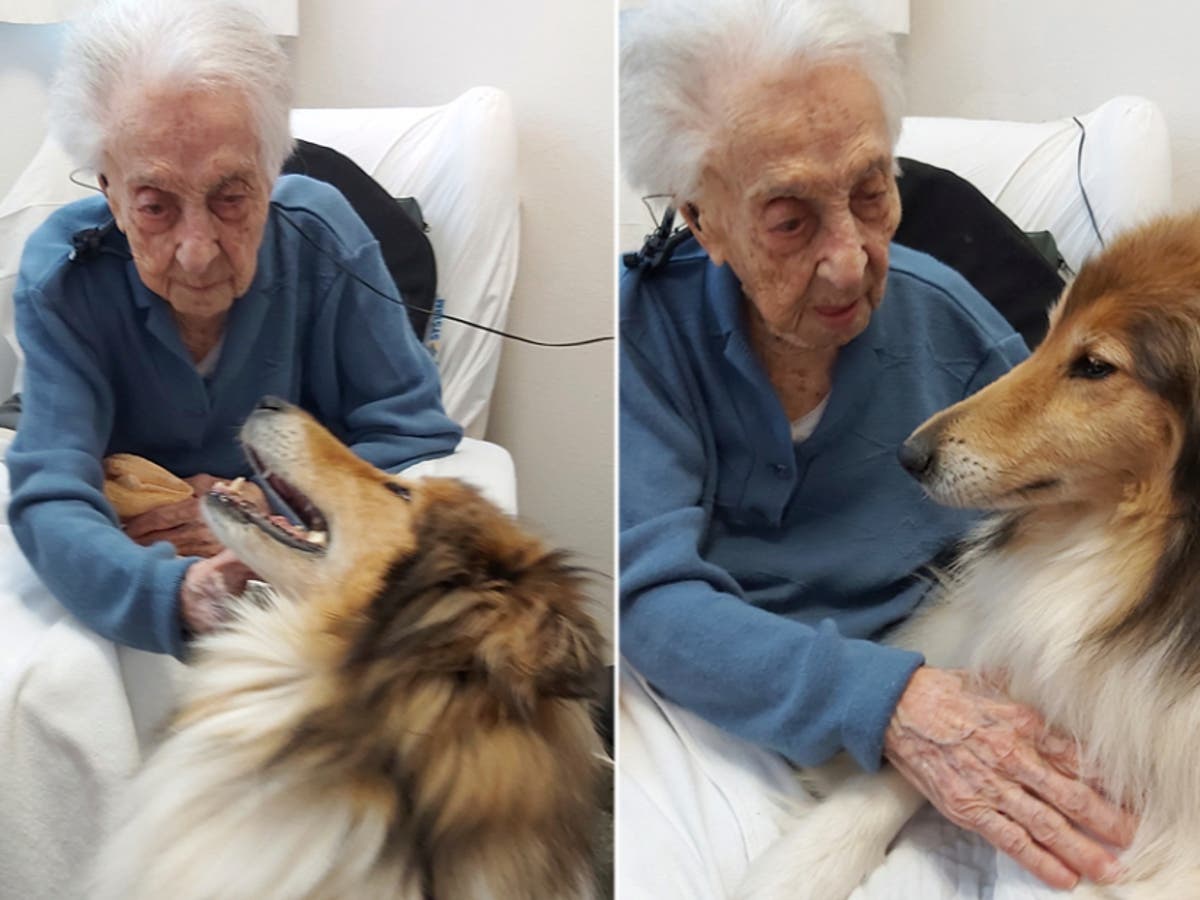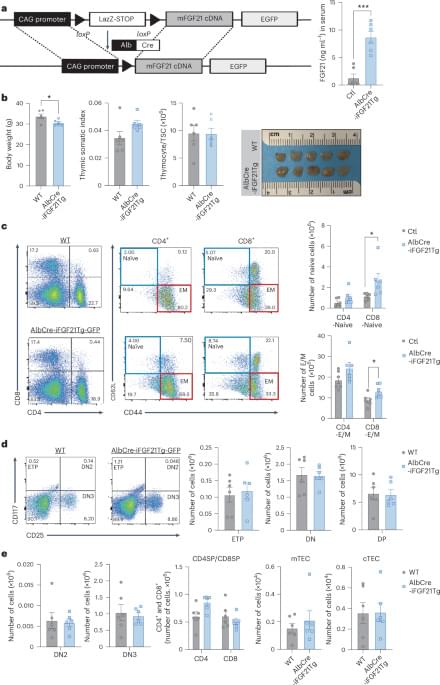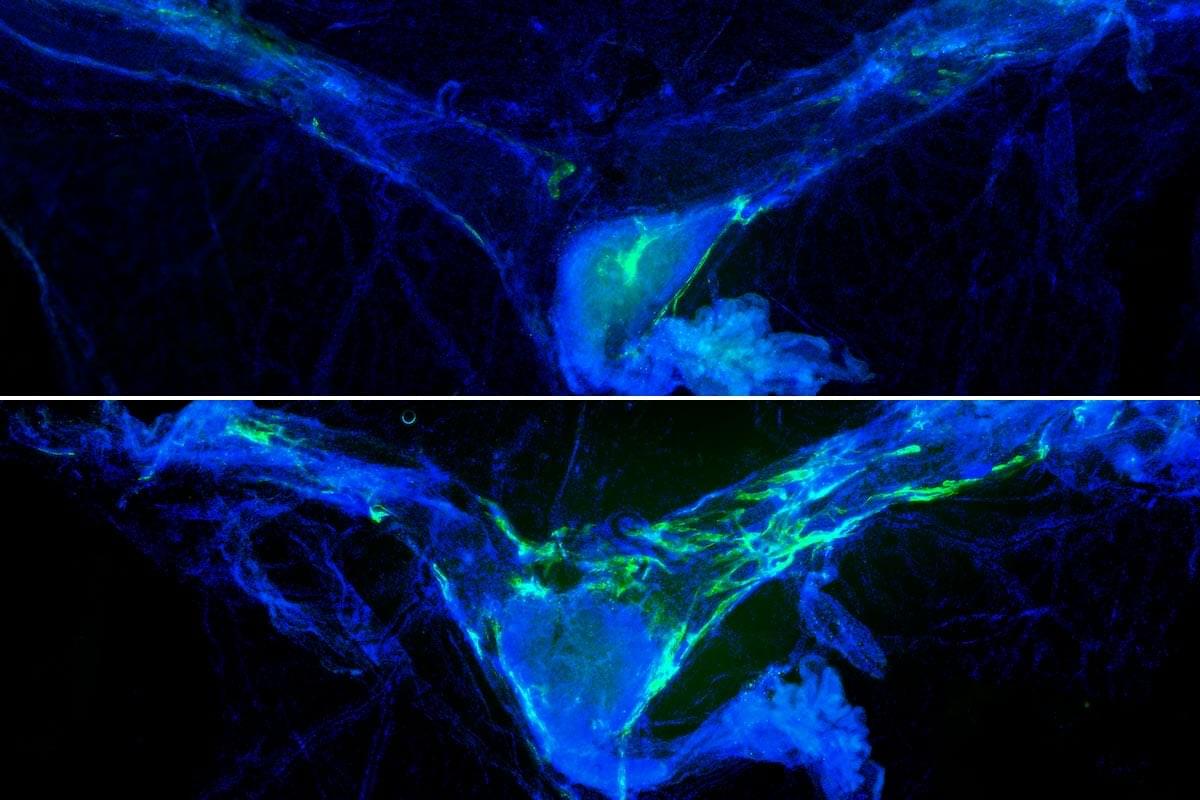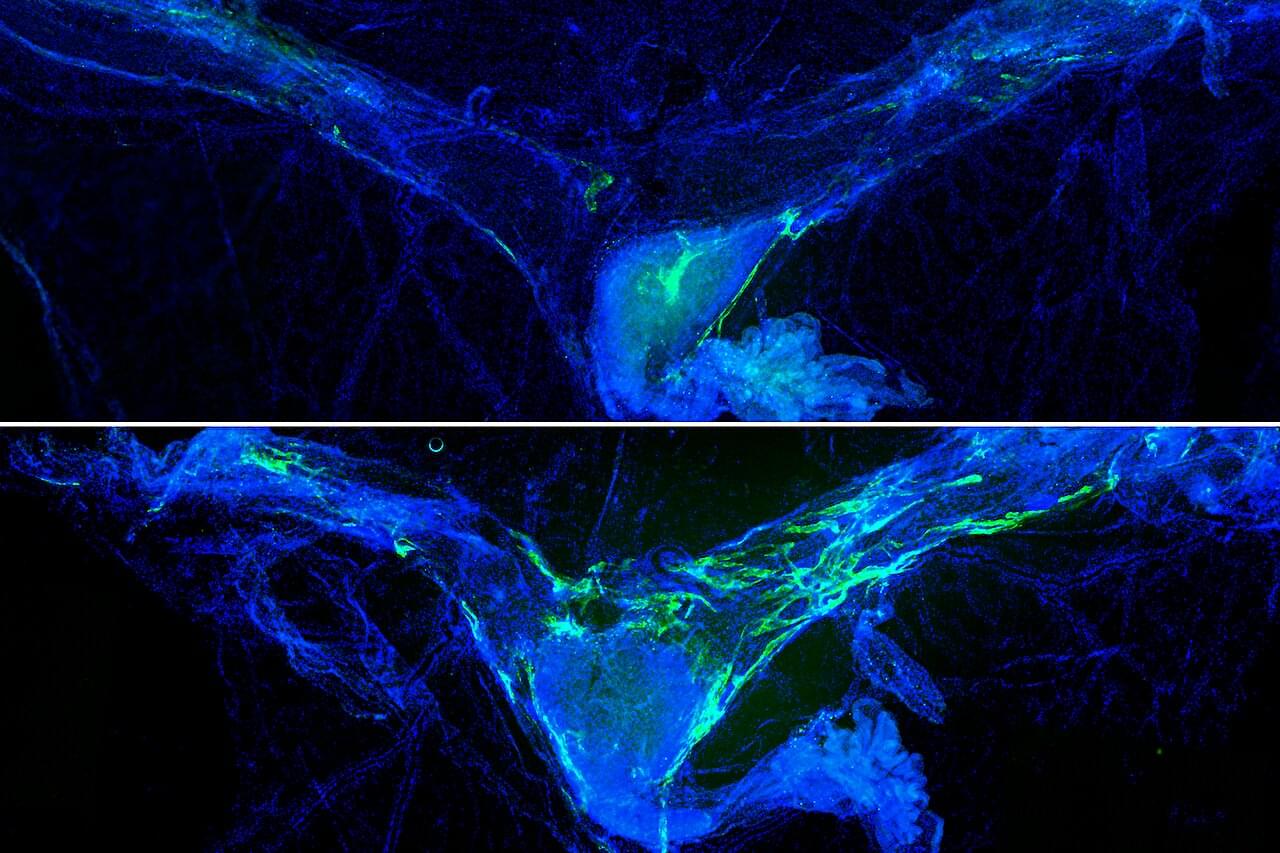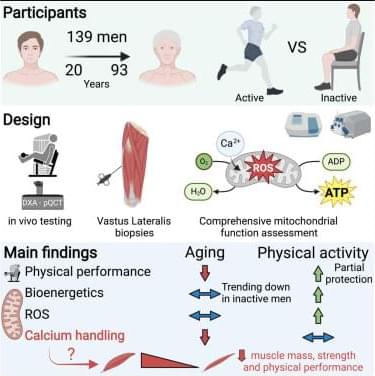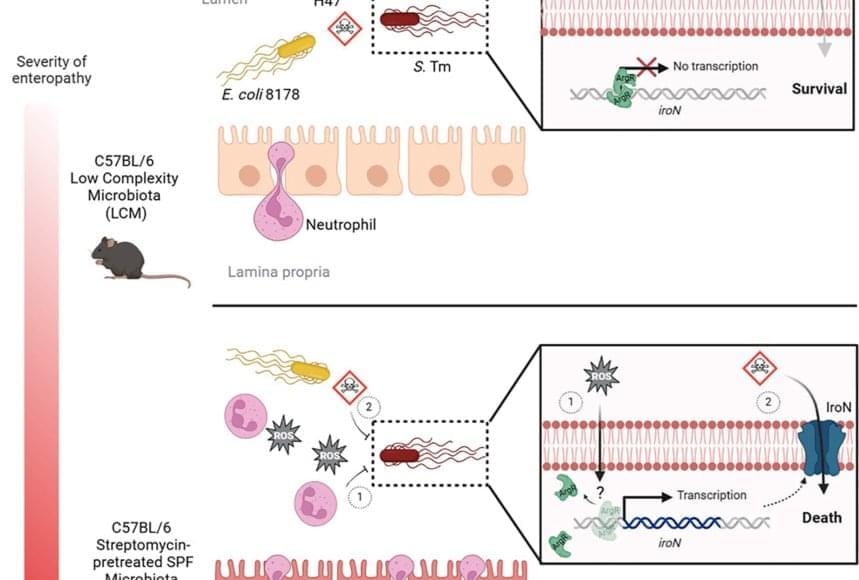February’s Longevity Review is now available, with a look at how the combination of Omega 3, Vit D & exercise can slow aging; a human trial of young blood plasma; Klotho gene therapy to increase lifespan; and, in the Canadian content study, how cellular reprogramming protects retinal neurons in multiple sclerosis.
A review of the most interesting and impactful longevity related studies from Febuary, with a look at how the combination of Omega 3, Vit D & exercise can slow aging; a human trial of young blood plasma; Klotho gene therapy to increase lifespan; and, in the Canadian content study, how cellular reprogramming protects retinal neurons in multiple sclerosis.
Contents:
1. Intro 0:00
2. Omega 3, Vitamin D & Exercise Slow Aging 0:55
3. Young Blood Plasma Human Trial 9:46
4. Klotho Gene Therapy Increases Lifespan 18:45.
Canadian Content Study.
